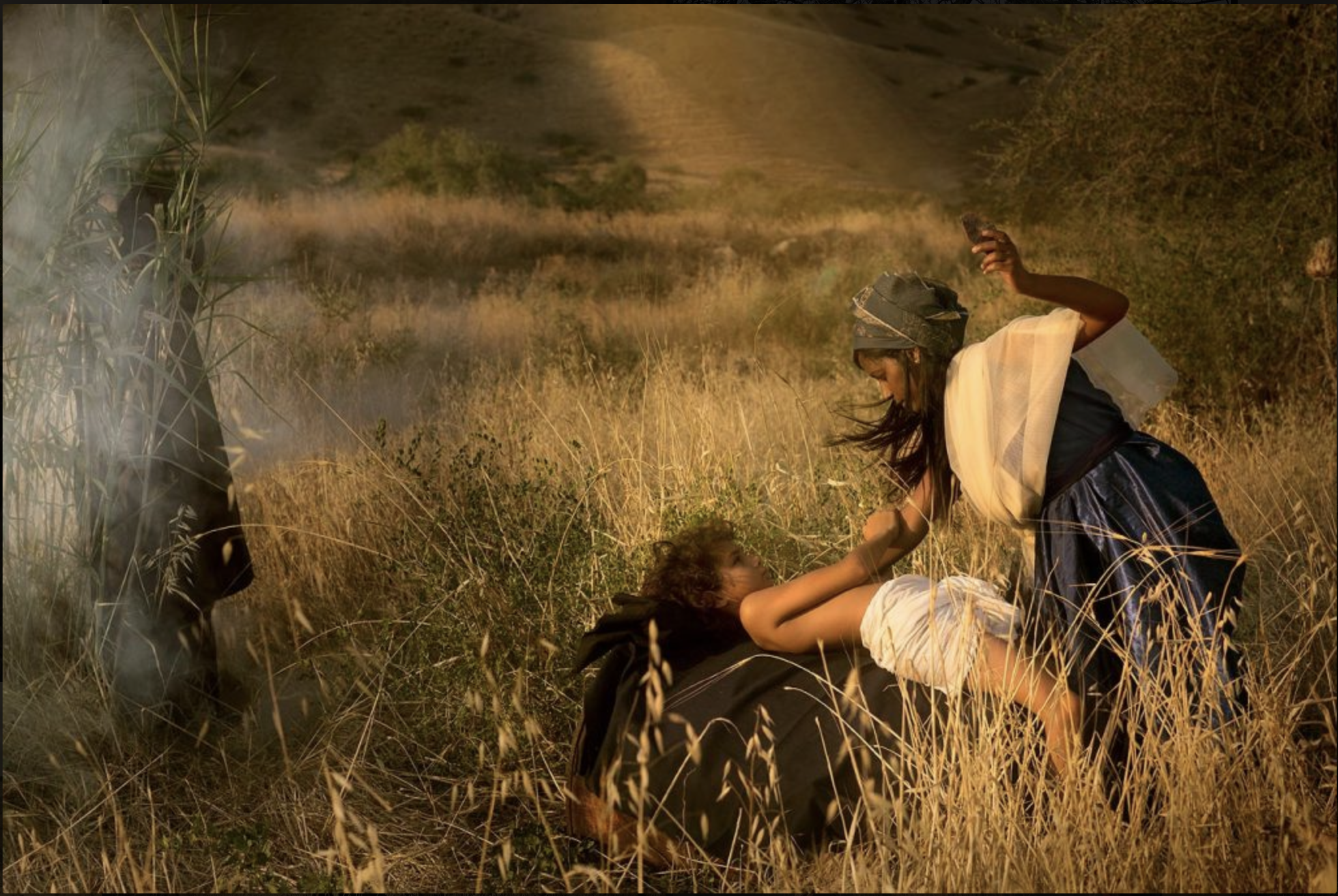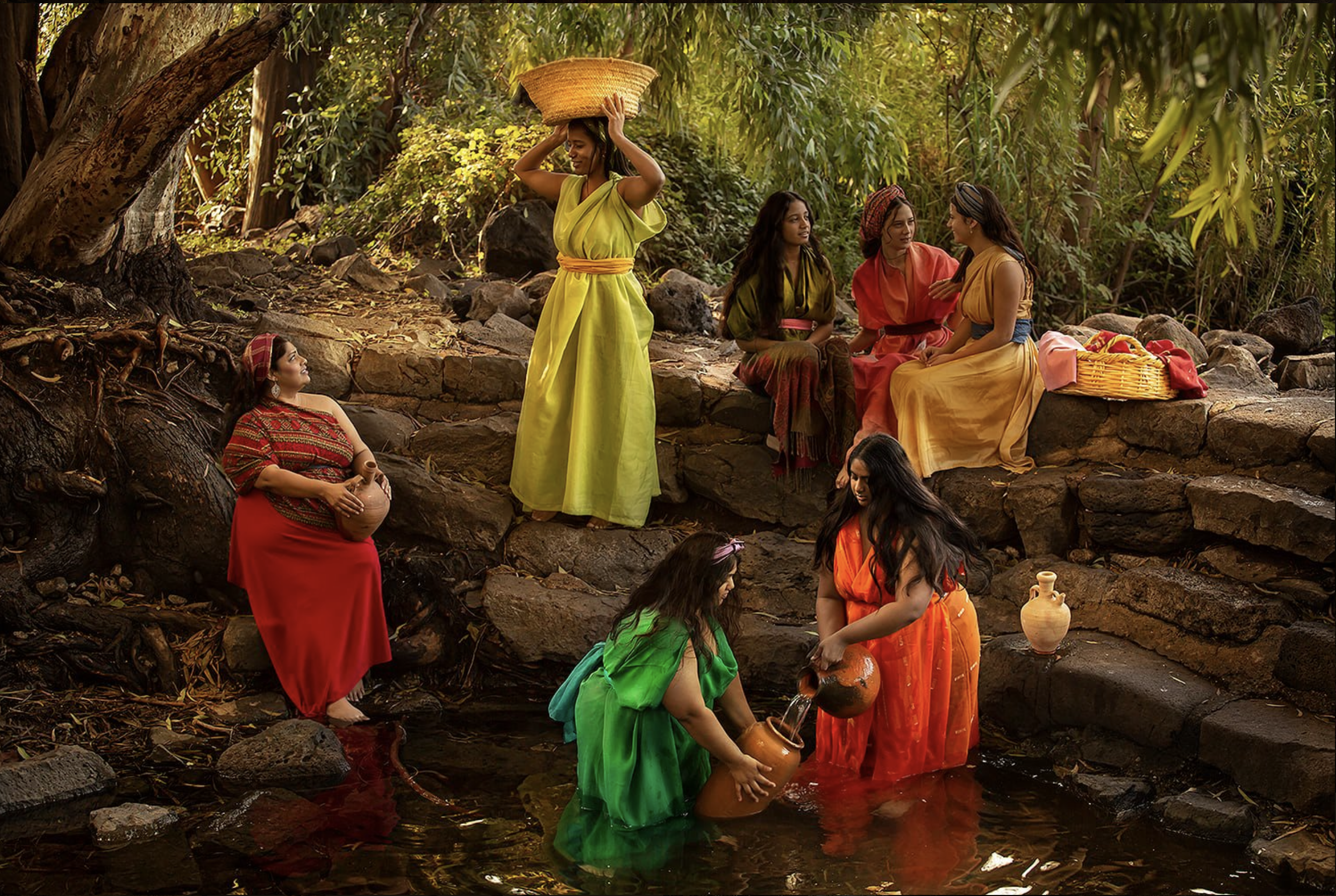Torah Study Date
Saturday, March 18, 2023
Verses Covered
Exodus (Sh’mot) 4:10-19
Next Session
Saturday, March 25, 2023
Starting at Exodus 4:20
Last week, we had an extensive discussion of Moses’ attempts to avoid God’s selection of him as an emissary to Egypt. We began by discussing Moses’ description of himself as heavy-mouthed and heavy-tongued. We noted that ‘kavod’ can mean heaviness or weight but also can mean honor. We wondered: Did Moses have a stutter or a lisp? Or was he, possibly, not fluent in the language he needed to speak (possibly, Hebrew)? We also remarked on Moses’ lack of confidence.
Then we noted God asking Moses who gives human beings speech, who makes them dumb or deaf, seeing or blind? We discussed whether God making a person mute or deaf or blind would be punitive. By contrast, we considered whether having a brain, which is given by God, and using medical science allows us to heal people. We also considered that Moses having a speech impediment and a lack of confidence would not keep God from selecting him to be God’s messenger if God is all-knowing (though only some of us think God is all-knowing). Also, we considered the possibility that there is something God has identified in Moses that causes God to make him the spokesperson and not let him out of the assignment.
We noted God saying Aaron would speak Moses’ words for him. We were surprised at the first mention of Aaron, the Levite, brother to Moses, and wondered where he had been all this time as well as where he had come from. Aaron had never been mentioned before and yet it appears that Moses had an elder brother. We had an animated discussion, then, of the relationship between older and younger brothers in a family and whether Aaron would really have been pleased to see his younger brother after the passage of so many years. We also considered the possibility that the details surrounding Aaron were part of a story that has been lost. We discussed ways God transmits his messages to the prophets, including through angels, people, and visions. Moses could be seen as a prophet through whom God transmits messages.
We discussed God’s statement that Moses will be for Aaron like a god (elohim) and were puzzled over the fact that the verse says that Aaron would deliver Moses’ messages for him and God would tell them both what to do.
Our artwork this week is two photos from Dikla Laor’s series of women in the Bible, Zipporah (above) and The Priest of Midian’s Seven Daughters (below). Laor is an Israeli Jewish woman originally from Tiberias. Her photos all are taken in Israel where the stories take place. The photo of Zipporah shows her raising her hand with a flint in it that she is going to use to circumcise her son below her on the ground in order to save Moses, her husband.


